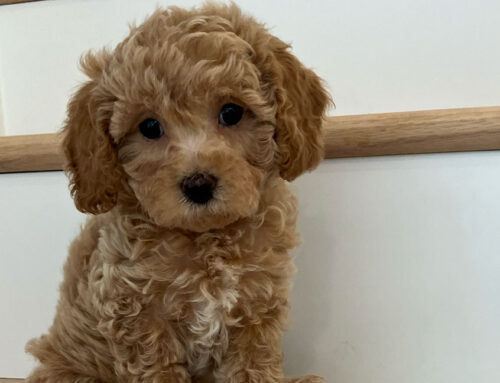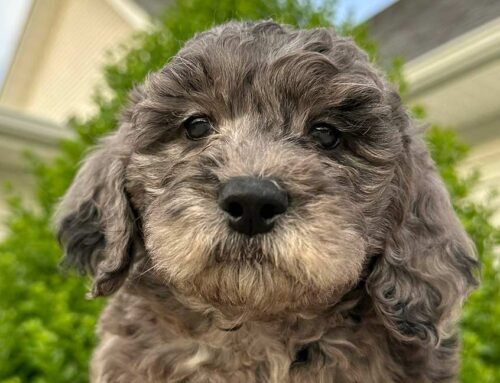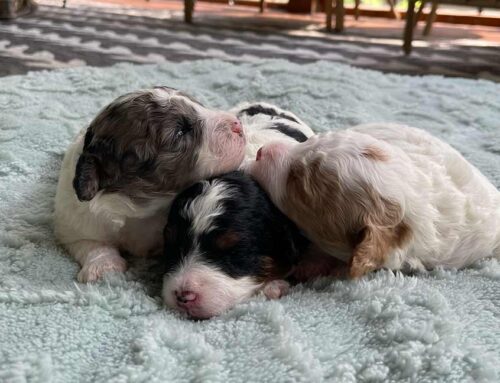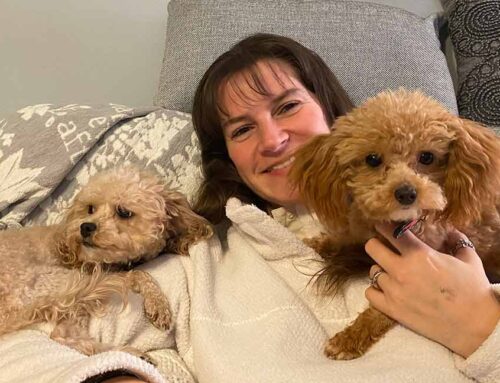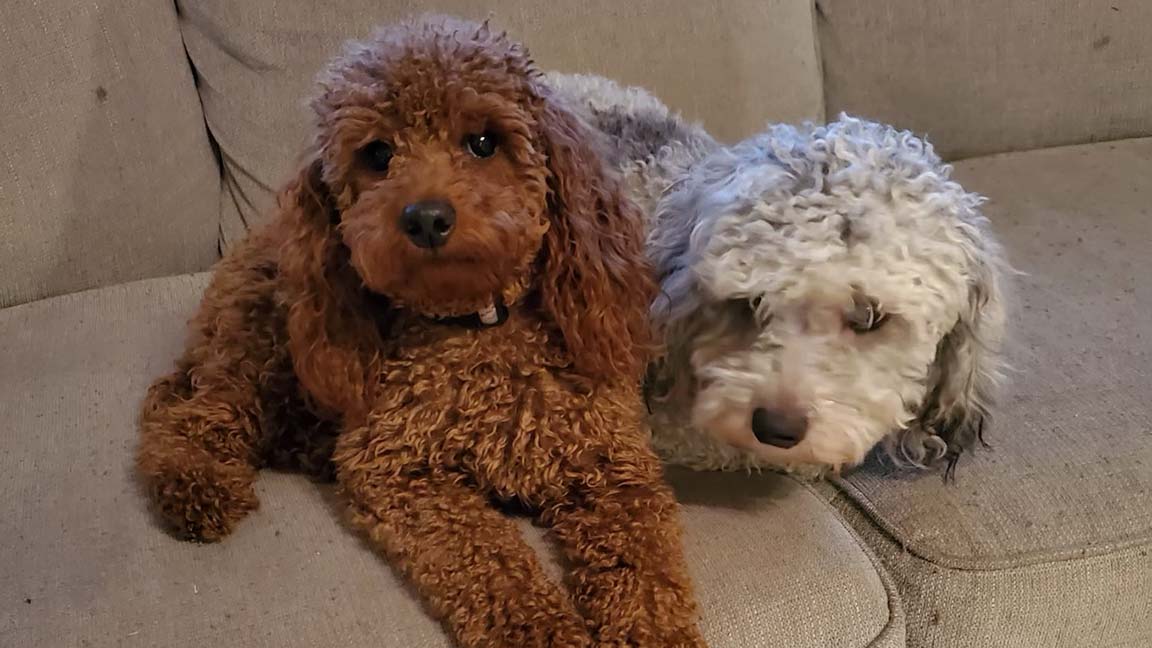
Small Dogs, Long Lives: The Science Behind Our Cavapoos’ Longevity
One of my favorite conversations with families who visit us at Jones Farm Puppies happens when they meet our older Cavapoos. Their eyes widen when they see an 11-year-old still playfully romping around, and inevitably, they ask, “Do all small dogs live this long?”
It’s an excellent question that speaks to one of the most heartwarming aspects of welcoming a smaller breed like our Cavapoos into your home – they’re likely to be your companion for many more years than their larger canine cousins. As someone who’s bred and loved these dogs for years, I’d love to share what I’ve learned about this fascinating phenomenon.
The Small Dog Advantage
When I started breeding small dogs, I was struck by an interesting paradox. In most animal kingdoms, larger species live longer (think elephants or whales). But with dogs, that rule gets entirely flipped upside down!
Our gentle giants like Great Danes typically live around 6-8 years, while my Cavapoos regularly celebrate their 12th, 13th, and even 15th birthdays. After raising hundreds of puppies and staying connected with their families through the years, I’ve understood the fascinating biology behind this size-lifespan connection.
Why Size Matters in Canine Longevity
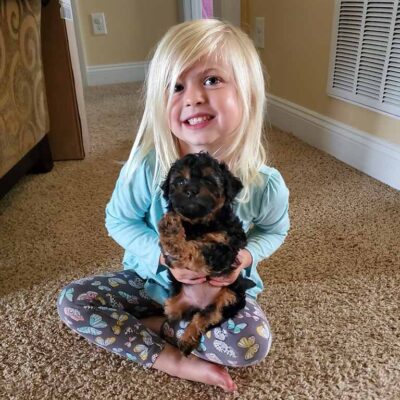
Growth Patterns Tell the Story
In our breeding program, I’ve observed this firsthand: larger breeds experience incredibly rapid growth during puppyhood. Those big labs and shepherds are racing to reach their adult size, which stresses their developing bodies tremendously.
Our Cavapoos, by contrast, grow at a steadier, more measured pace. Their organs and systems don’t have to work overtime during development, which reduces the overall strain on their bodies. This gentler growth pattern delays the aging process from the beginning.
The Cellular Aging Difference
After years of conversations with our veterinarians about this topic, I’ve learned about oxidative stress—cellular damage caused by unstable molecules called free radicals. Research suggests larger dogs may actually experience more of this damaging cellular activity simply because their bodies are bigger and their metabolisms work harder during those critical growth phases.
Our smaller Cavapoos appear to generate fewer of these damaging molecules and may even repair cellular damage more efficiently. Their bodies essentially “wear out” more slowly at the microscopic level.
Health Risks and Size Correlation
I take this very seriously in our breeding program. Unfortunately, larger breeds face higher risks for certain cancers and cardiac issues, often appearing earlier in life than we’d hope. While no dog is immune to health problems, our Cavapoos and other small dogs typically have lower incidences of these life-threatening conditions.
This doesn’t mean we can skip those regular vet visits, but it does explain why I often see our Cavapoos remain active and healthy well into their senior years.
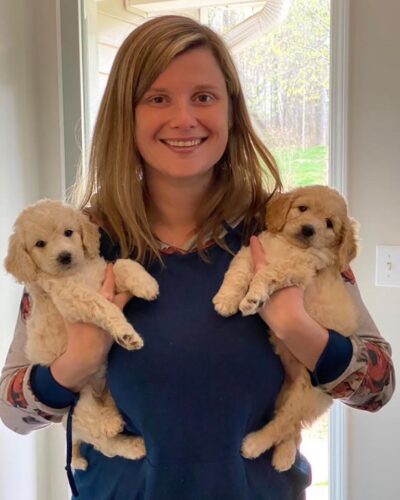
The Physical Reality of Being Small
The simple physics of a more petite body creates inherent advantages. I explain it to families this way: a small heart doesn’t have to work as hard to pump blood throughout the body. Tiny joints aren’t bearing as much weight with every step, which translates to fewer mobility issues, less joint deterioration, and generally easier aging.
It’s why that 12-year-old Cavapoo I mentioned earlier still jumps up on the couch (even when she’s not supposed to!), while larger dogs of the same age typically need more assistance with everyday activities.
Thoughtful Breeding Makes All the Difference
Beyond size, the care we provide in our breeding program plays a crucial role in our puppies’ longevity. Here at Jones Farm, we’ve built our reputation on health-focused pairings and ethical breeding practices. Each potential parent dog undergoes comprehensive health testing before joining our program.
I love breeding Cavapoos because they benefit from what veterinarians call “hybrid vigor”—the enhanced genetic diversity that often comes from thoughtfully crossing the Cavalier King Charles Spaniel with the Poodle. This gives our puppies a stronger foundation for a long, healthy life, especially when they go to homes that provide excellent care and lots of love.
Helping Your Small Dogs Live Their Longest, Happiest Life
After years of staying connected with our puppy families, I’ve gathered some insights on what helps our Cavapoos thrive well into their senior years:

Nutrition Makes a Difference
I always recommend high-quality food specifically formulated for small breeds. The right balance of nutrients supports their metabolism and helps maintain a healthy weight, which is crucial for longevity. I’ve seen too many small dogs carrying extra weight, putting unnecessary strain on their hearts and joints.
Keep Those Little Bodies Moving
Don’t let their size fool you—small dogs need regular exercise! The families that report the longest-lived dogs consistently maintain daily walking routines and plenty of play sessions. This keeps their muscles strong, their minds sharp, and their weight in check.
One of my 16-year-old Cavapoo alumni still enjoys her daily quarter-mile walk, though certainly at a more leisurely pace than in her youth!
Regular Veterinary Care Is Non-Negotiable
I cannot stress this enough—those annual checkups are essential. Small dogs can be stoic about pain, and early detection of issues like dental disease, heart problems, or kidney problems makes all the difference. Many of our longest-lived Cavapoos benefit from proactive care that catches potential problems before they become serious.
The Emotional Component of Longevity
I’ve noticed something over the years: Small dogs who are deeply integrated into their family’s life simply seem to thrive longer. These dogs form incredible bonds with their people, and that emotional connection appears to support their overall well-being.
When they have consistent routines, plenty of affection, and feel secure in their place in the family, they blossom year after year.
Why Our Cavapoos Exemplify Small Dog Longevity
After breeding numerous litters of Cavapoos, I’ve come to appreciate why they’re such an outstanding example of small dog longevity:
- Their Cavalier heritage gives them a sweet, gentle temperament that makes them adaptable to various living situations and less prone to stress-related issues.
- Their Poodle lineage contributes intelligence and a naturally hardy constitution – Poodles are among the longest-lived purebreds.
- Their moderate energy levels mean they get enough exercise without overexertion.
- Their social nature keeps them engaged with family, which supports cognitive health as they age.
Whenever I receive photos of our puppies celebrating double-digit birthdays, I’m reminded of what a gift these additional years are for the families who love them.
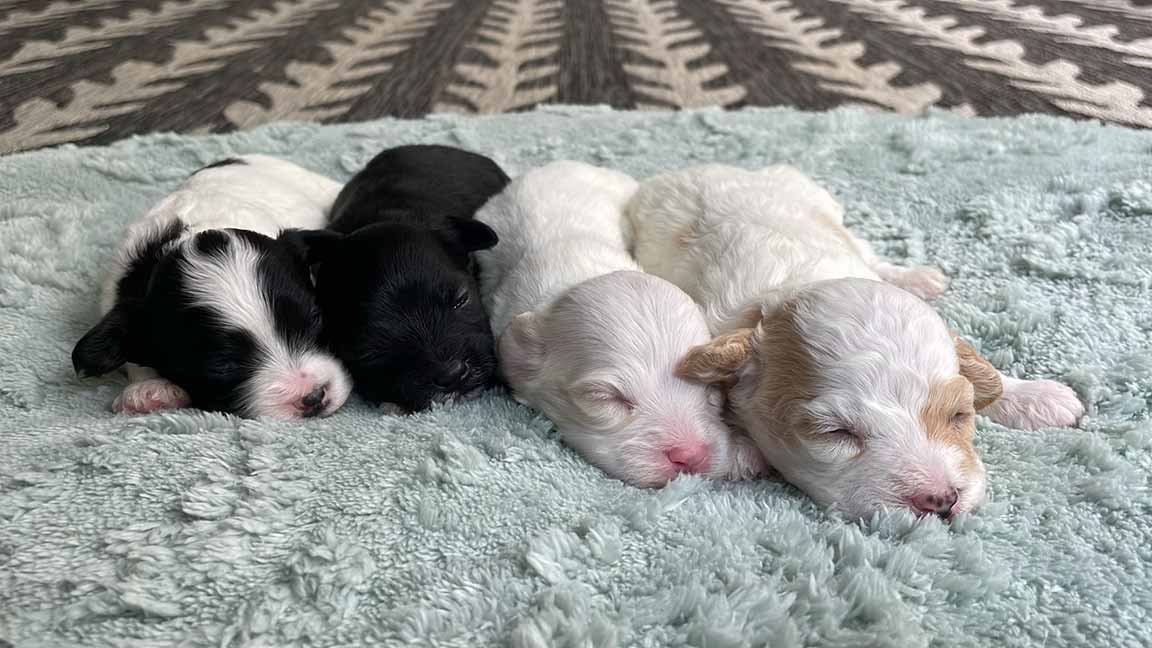
Questions I Often Hear About Small Dogs Lifespans
What’s the typical lifespan I can expect from my Cavapoo?
With proper care, most of our Cavapoos live between 12 and 15 years, with many reaching 14 to 16 years. I’ve even had families report their pups living happily to 17! It’s one of the beautiful rewards of choosing a smaller breed.
Do Cavapoos live longer than purebred dogs?
In many cases, yes. Crossbreeding often helps avoid some of the genetic health issues that can impact purebred lifespans. This doesn’t mean purebreds can’t live long lives, too, but the hybrid vigor our Cavapoos enjoy does seem to give them an edge.
What’s the most important thing I can do for my dog’s longevity?
Maintain a healthy weight! I can’t emphasize this enough. Even a few extra pounds on a small dog dramatically increases their risk for joint problems, diabetes, heart disease, and other conditions that can shorten their life. Keep those treats reasonable and those walks regular!
Are older small dogs easier to care for than older large dogs?
Almost universally, yes. As our Cavapoos enter their senior years, they remain relatively easy to manage. They’re light enough to lift if needed for baths or into cars, require less medication (typically dosed by weight), and generally maintain their mobility longer than larger breeds.
Can big dogs live long, healthy lives too?
Absolutely! While small dogs have a biological advantage, I never want to discourage anyone from adopting larger breeds. With excellent care and good genetics, many larger dogs live extraordinary, fulfilling lives – they’re just likely to have fewer years overall.
Here at Jones Farm Puppies, watching our Cavapoos grow from bouncy puppies into dignified seniors (who still have plenty of puppy moments!) is one of the greatest joys of what I do. We’re committed to breeding for health and longevity, giving our puppies the best possible start.
Whether you’re currently sharing your home with one of our Cavapoos or considering adding one to your family, I hope this glimpse into the science of small dog longevity helps you appreciate the many wonderful years ahead with your furry companion.
Do you have questions about caring for your Cavapoo throughout its life stages? I’m always here to help—just reach out. After all, when you adopt from Jones Farm Puppies, you’re not just getting a dog—you’re joining our extended family.

